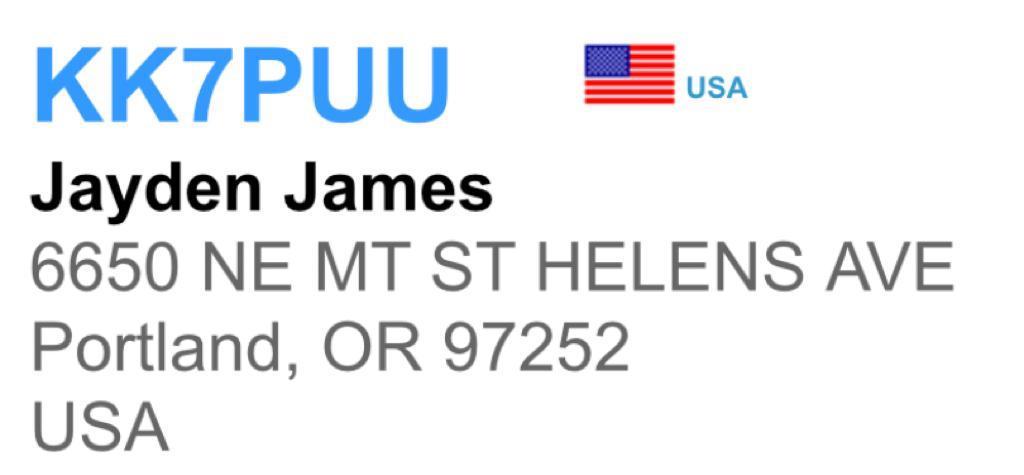The Federal Communications Commission (FCC) is an independent agency of the US government, formed by the Communications Act of 1934. They basically decide who is able to use which frequencies for which purposes, and issue licenses to stations for specific frequencies. Their mission, amended by the Telecommunications Act of 1996, is to ensure fast and reliable wire and radio communication services across the nation and the world.
That includes broadband, wireless internet, and fixed wireless services. Why? The airwaves are considered to be a limited resource that is shared by everyone. Because of this, the FCC assigns specific frequencies to licensed operators to prevent too many services from using the same channels at the same time.
What is the FCC License?
An FCC license grants an organization legal permission to operate on a specific frequency, within a particular radio band, using a specific type of radio signal emission. Individuals, businesses, or organizations that want to operate on Industrial/Business Pool frequencies must have a license.
This includes using a network design and equipment that meets FCC guidelines for quality and clarity. In the case of fixed wireless, the FCC requires most wireless telecommunications service licensees to construct their system or meet coverage requirements within a specified time period and then notify the Commission when everything is completed.
On the days 30/11, 1/12, and 3/12, SST Astronomy Club students spent about 20 hours to learn from Mr. Hugh Mason on the FCC Radio License (Technician Class). For at least 5 hours a day, Mr. Mason patiently conducted the 9 lessons that are covered by the FCC (T class).
The topics covered include:
1. Introduction
● What is Amateur Radio
● The FCC and Licensing
● Amateur Radio Activities
● Getting Your Ham Radio License
2. Radio and Signals Fundamentals
● Radio Signals and Waves
● Radio Equipment Basics
3. Electricity, Components, and Circuits
● Electricity
● Components and Units
● Radio Circuits
4. Propagation, Antennas, and Feed Lines
● Propagation
● Antenna and Radio Wave Basics
● Feed Lines and SWR
● Practical Antenna Systems
5. Amateur Radio Equipment
● Modulation
● Transmitters and Receivers
● Digital Communications
● Power Supplies and Batteries
6. Communicating With Other Hams
● Band Plans
● Making Contacts
● Using Repeaters
● Nets
● Communications for Public Service
● Satellite Operating
7. Licensing Regulations
● Licensing Terms
● Bands and Privileges International Rules
● Call Signs
8. Operating Regulations
● Control Operators
● Identification
● Interference
● Third-party Communications
● Remote and Automatic Operation
● Prohibited Transmissions
9. Safety
● Electrical Safety
● Managing RF in Your Station
● RF Interference (RFI)
● RF Exposure
● Mechanical Safety
On the 17 November 2023, the class of students took the FCC Radio License (Technician Class) and achieved their radio license. They are:












No comments:
Post a Comment